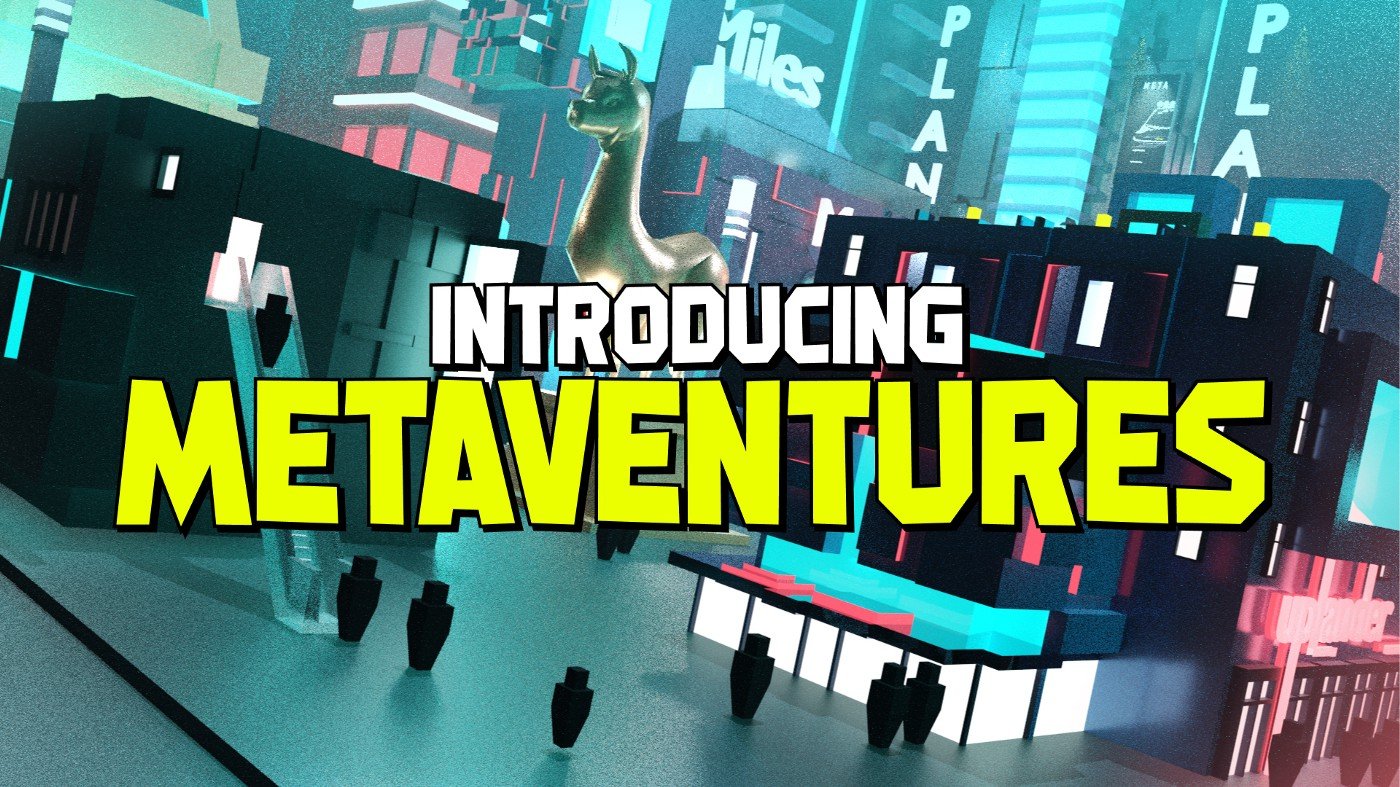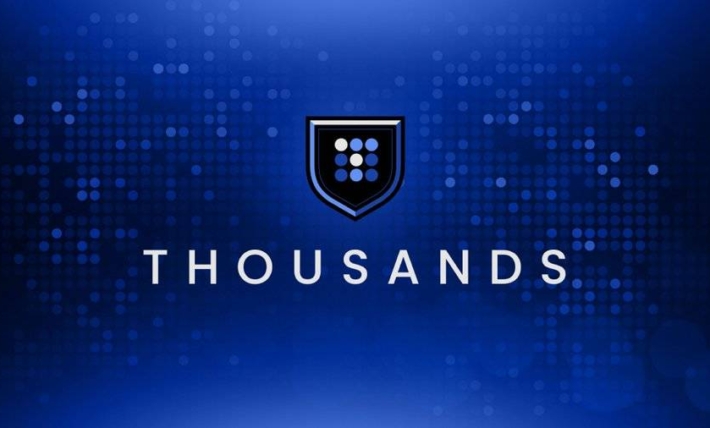Things just got interesting for business-owners in the NFT property game, Upland. The team behind the game announced changes to the in-game business model in a recent blog post. All in all they expect these changes to improve competition in the game while lowering barriers to entry for new players.
Upland Decides To Change Its In-Game Business Model
To summarize for those who don’t know, Upland is a monopoly-like NFT property game. Players explore cities within the game and mint property NFTs. After that they can then trade those NFTs within the Upland game or sell them on the open marketplace.
Until now, players had to get a “Business License” NFT directly from Upland in order to use their properties in certain ways. For example, they would need one to lease a property to another player in the Upland game.
For one thing, Upland explains that this might cause players to simply sell their high-value licenses instead of using them in the game. What’s more, it means that Upland themselves would have to determine the right number of licenses to issue, and who to issue them to.

The New “Venture Dues” Model
Given these points, Upland decided to adopt a “Venture Dues” model for the game. Following the announcement, the new name for businesses in Upland is “Metaventures”. Now all owners of Metaventures will pay fees called “dues”, rather than having to buy a license up front. The price of these fees will depend on how many other Metaventures are operating in a given city. The more businesses there are, the higher the fees will be.
As a result, Upland hopes that this change will improve competition in the game. To conclude, they say in the blog post that they are “leaving things in the hands of the community and the free market.” The game has seen a lot of growth this year. Without a doubt the team hopes to continue that trend with these new changes.
The post Upland: NFT Game Updates Model For Player-Owned Businesses appeared first on NFT Evening.


